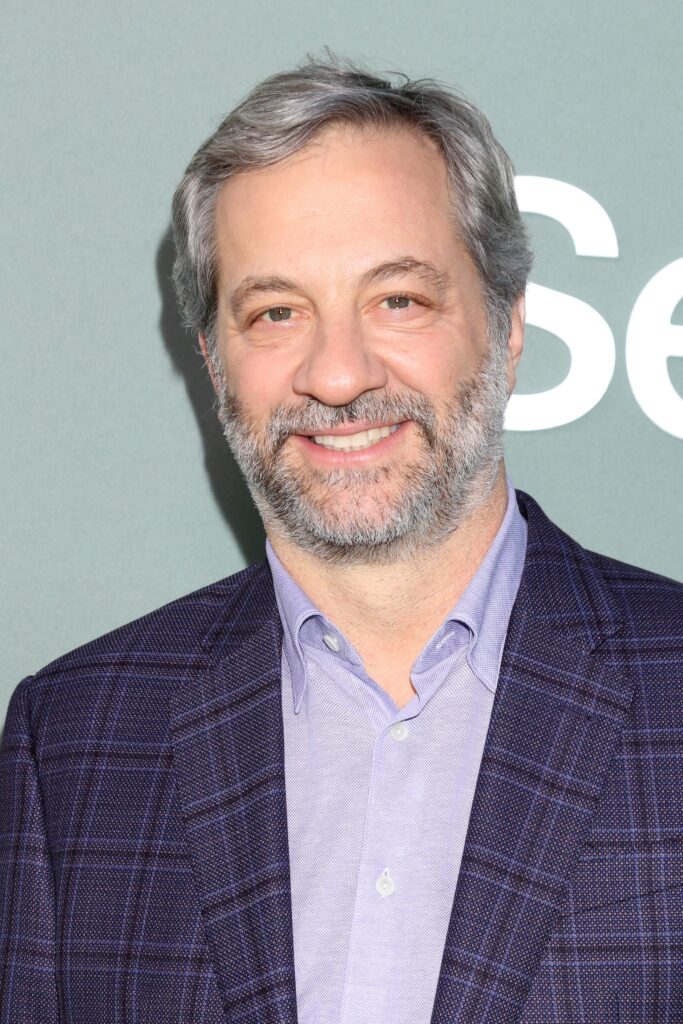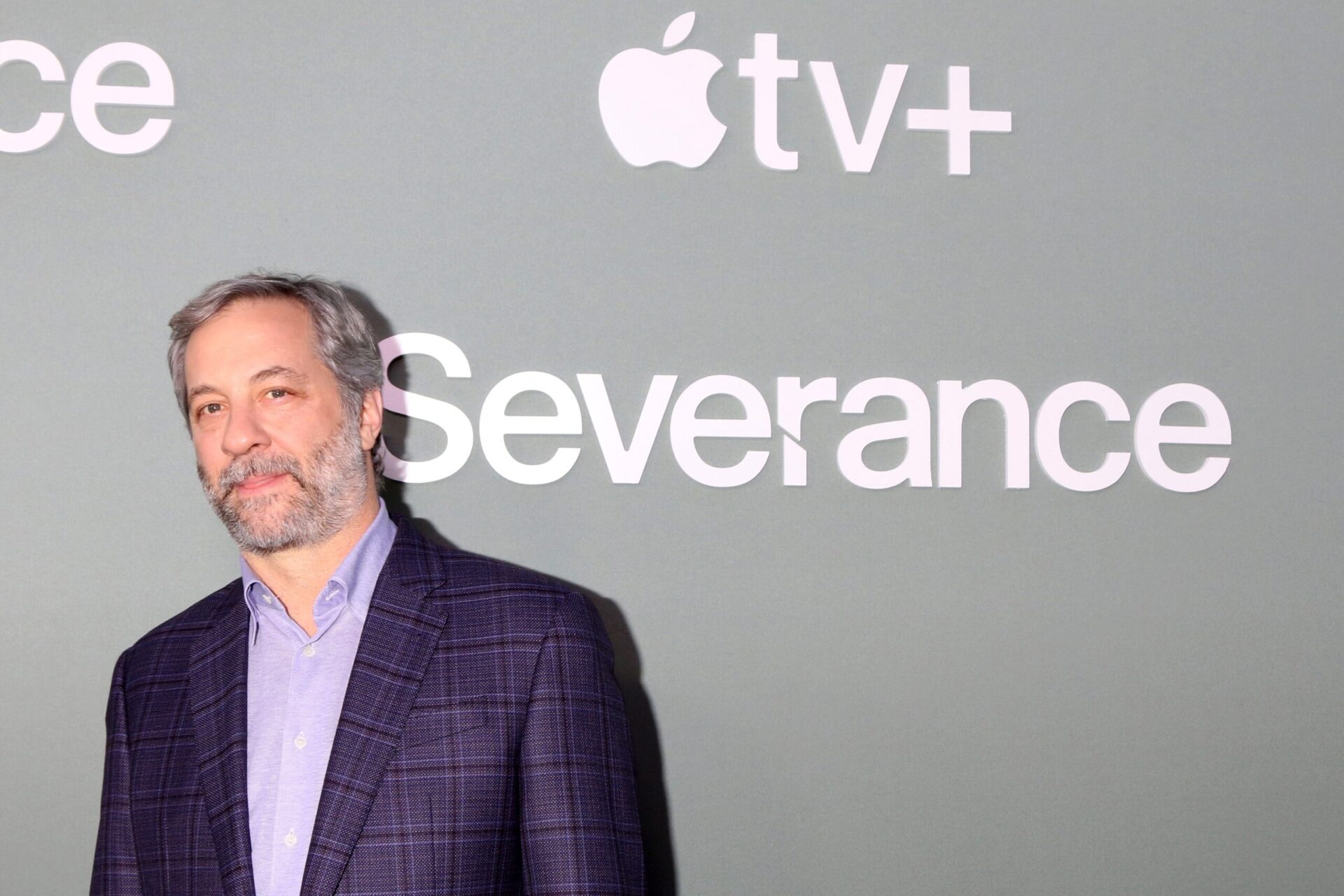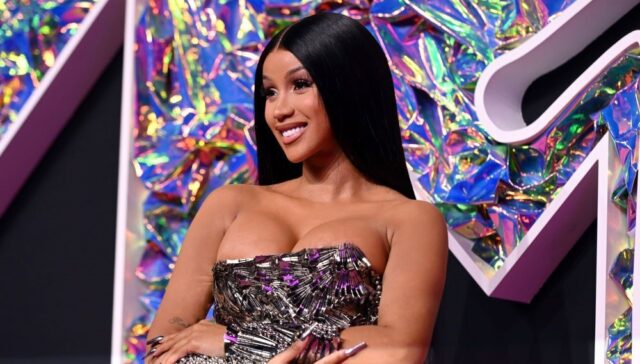Judd Apatow on the Writers’ Strike

Judd Apatow recently gave insights into the ongoing writers’ strike, speculating that studios and streaming platforms likely know when the strike will end and how it will play out.
The Writers Guild of America (WGA) has gone on strike after months of negotiations with the firm which represents Hollywood’s major studios. The WGA’s primary demand is the fair payment of writers on streaming projects.
Judd Apatow is an American filmmaker and producer. He has directed fan favorites such as Knocked Up, Bridesmaids, and Superbad. Apatow recently commented on the writers’ strike in a conversation with Variety at the Rock4EB benefit. He shared his thoughts on the positions of the studios involved, explaining, “I think they probably already know what they’re going to bend on.” He furthered, “I would assume they already know what date this is going to end. They’ve probably been planning this for years.”
Apatow explained his thinking, sharing, “whatever happens, they could have figured it out already. When these things conclude, you never go, ‘I understand why it took that long.’ It’s never something so inventive, and groundbreaking, that you think, ‘Oh, people needed to go to war for months over it.’ It’s always a very obvious position.”
Although Apatow does not have any projects that are directly affected by the strike, he still explained that it held larger implications. He shared that it “affects everything because we’re in development on a lot of things so you just have to stop… Then as soon as the strike ends, everybody says, ‘Oh, now we have a backlog, we don’t need anything.’” He continued, “That aspect of it complicates everything…We’re not in the middle of anything other than writing.”
with stranger things halting production in the wake of the wga strike, here’s a thread to explain why this strike is so important and what exactly writers are striking for.
— willow the wise (@sapphicjopper) May 6, 2023
your favorite tv show can wait; the creatives behind it deserve fair pay and treatment #wgastrong pic.twitter.com/4NrQOmLYDQ
Apatow also noted that the strike has specific business implications. He explained, “what’s scary about it is that there is a solution but I’m not sure that all of the business interests are interested in getting to it quickly.”
Apatow then noted that streaming platforms and studios treat writers as unessential parts of the operation. This, in his opinion, is “an existential problem.” He continued, “If the ecosystem of writers doesn’t exist, no one will learn how to do it. No one will be able to survive doing it. And then everyone will go, ‘Well, maybe I’ll write video games, maybe I’ll make TikToks at home and become an influencer.’ It’s a lot of creative people who can do other things. So you don’t want the whole system to collapse.”
Apatow also combated the claim that writers are striking with the intention of becoming rich. He noted that “people work really hard to create some sort of cushion for their lives.” This has become harder in the age of streaming, as key foundations to writers’ livelihoods have been shaken up.
Apatow explained that the current entertainment system “does not reward success for a lot of… projects.” In this new climate, “If you make something and a billion people watch it, you don’t make more money than if it was a disaster.” Which, in Apatow’s opinion, is “not good for creativity because it takes away a lot of the motivation for the creative people.”
Have I mentioned how my wife’s WGA strike signs are objectively excellent? Because they are. They’re excellent. pic.twitter.com/I6mJVzB5kw
— Mason Lieberman (@MasonLieberman) May 4, 2023
It is unknown when the strike will be resolved, but there will likely be notable consequences for the entertainment industry the longer it goes on. Hopefully, both sides can come to an agreement that honors the writer’s hard work as the foundation for almost all entertainment.

Writer





